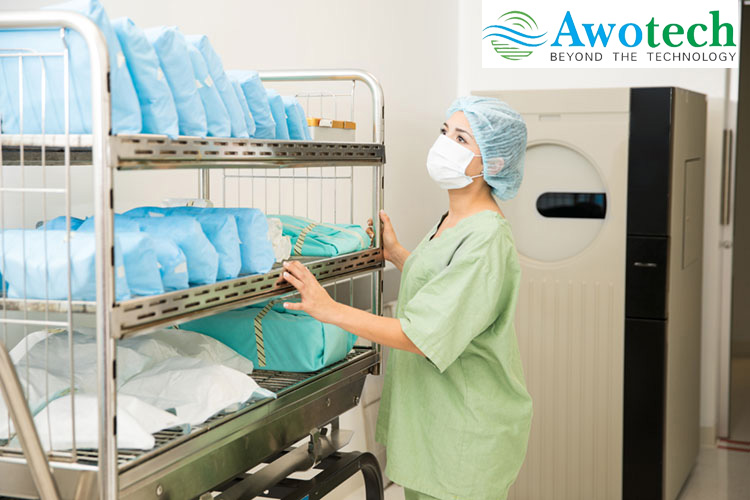Cold Room For Hospital and Blood Bank

A cold room, also known as a cold storage room, is a specialized facility designed to maintain low temperatures for storing perishable items such as vaccines, medicines, blood products, and other temperature-sensitive materials. In the context of hospitals and blood banks, cold rooms play a crucial role in preserving the integrity and quality of medical supplies and blood products.
A cold room for a hospital or blood bank is typically equipped with advanced refrigeration systems that can maintain specific temperature ranges, usually between 2°C and 8°C (35.6°F and 46.4°F) for medical supplies and 2°C and 6°C (35.6°F and 42.8°F) for blood products.
Some of the key benefits of having a cold room in hospitals and blood banks:
Preservation of Medicines and Vaccines: Many medications and vaccines require strict temperature control to remain effective. Cold rooms provide a controlled environment, ensuring that these sensitive products are stored within their required temperature ranges. This preservation helps maintain their potency and extends their shelf life, ensuring that healthcare providers have access to reliable and effective treatments.
Blood Storage: Blood and its components, such as red blood cells, plasma, and platelets, are critical for medical procedures, transfusions, and emergency situations. Cold rooms provide the optimal conditions for storing blood products, preventing spoilage and maintaining their viability. This helps ensure a steady supply of safe blood products for patients in need.
Disease Control: Cold rooms play a vital role in preventing the growth of bacteria and microorganisms that can contaminate medical supplies or blood products. By maintaining low temperatures, cold rooms create an inhospitable environment for these harmful agents, reducing the risk of infection and disease transmission.
Emergency Preparedness: Hospitals and blood banks must be prepared to respond to emergencies, such as natural disasters or outbreaks. Cold rooms allow for the stockpiling of medical supplies, vaccines, and blood products in advance, ensuring readiness and quick access to critical resources when needed the most.
Cost Savings: Proper storage and preservation of medical supplies and blood products in cold rooms minimize the risk of spoilage, reducing waste and associated costs. Additionally, extended shelf life allows for efficient inventory management, avoiding excessive stockouts or expiration of essential items.
Overall, a cold room for hospitals and blood banks provides a controlled environment for storing temperature-sensitive materials, ensuring their integrity, potency, and availability. By preserving the quality of medical supplies and blood products, cold rooms contribute to better patient care, improved disease control, and efficient resource management in healthcare facilities.
